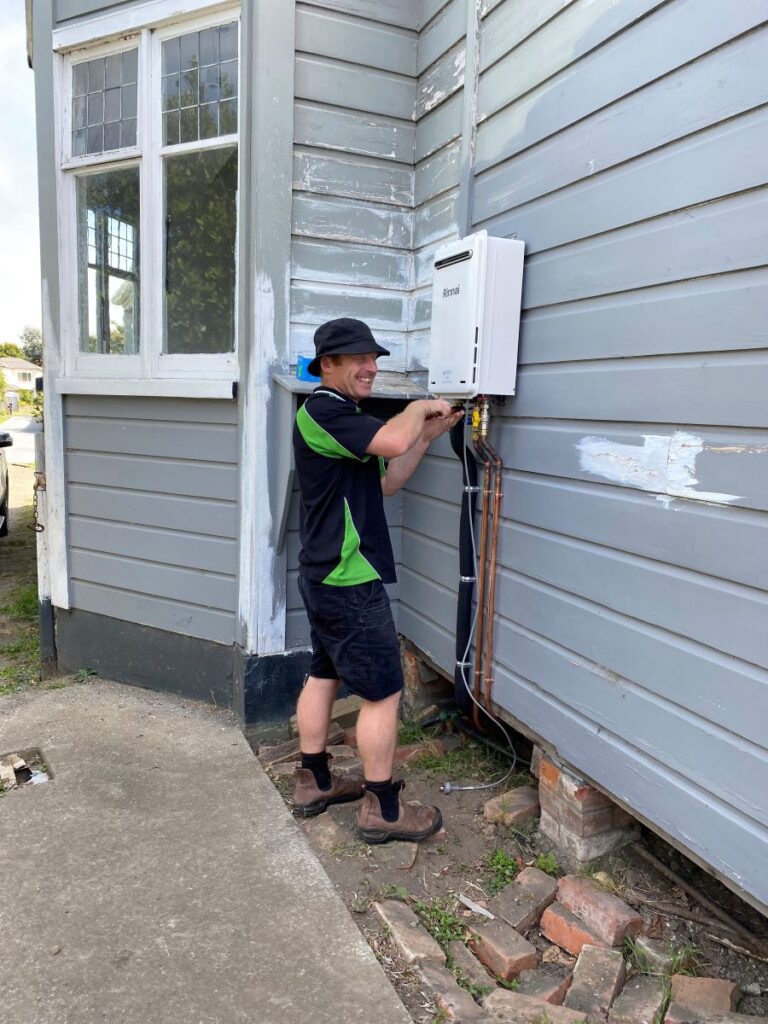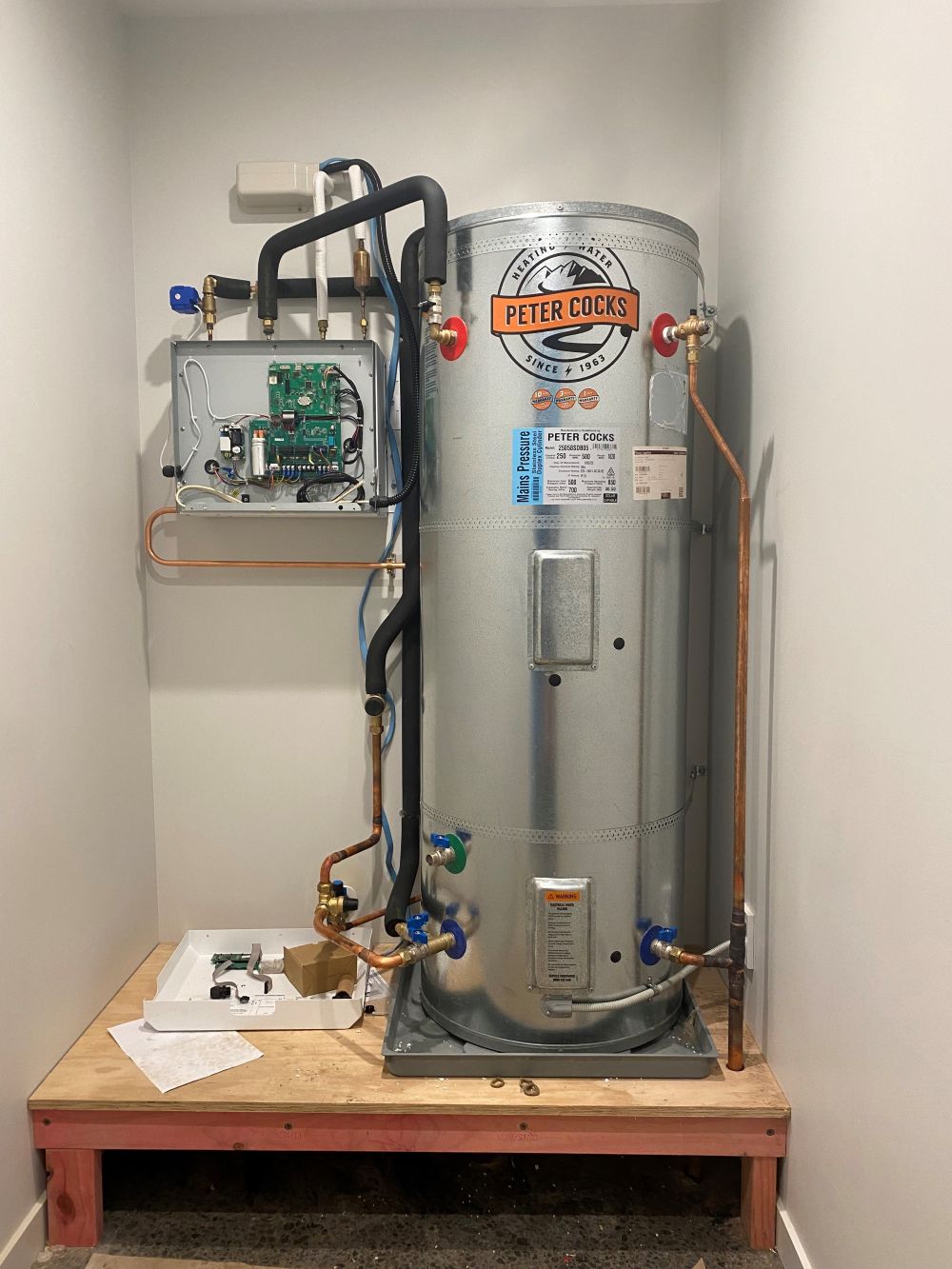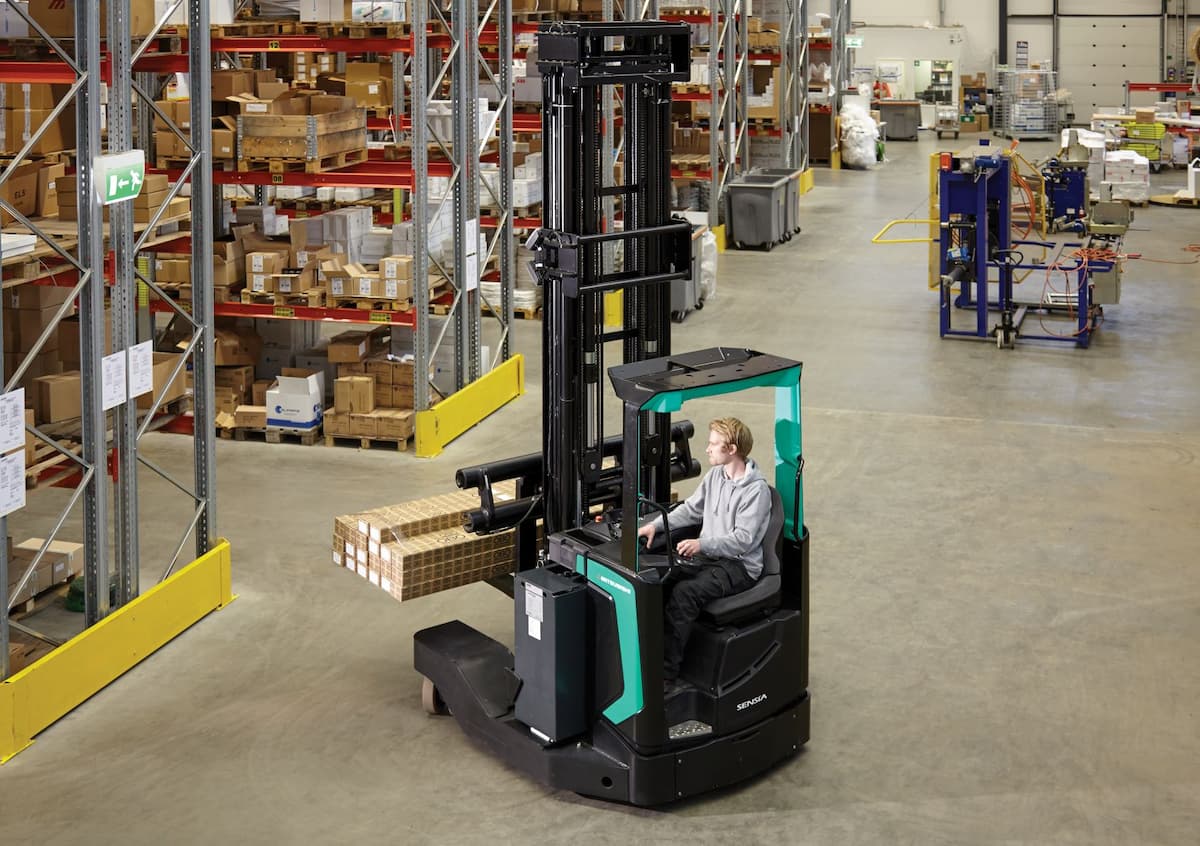A reliable hot water system is a modern home essential, especially during Whanganui’s cooler months. Whether you’re running a family household or managing a rental property, maintaining your hot water system ensures comfort, safety, and long-term cost savings.
In Whanganui’s unique coastal and temperate climate, proactive upkeep can also protect against local water quality issues that may accelerate wear and tear. Here’s everything you need to know about maintaining your hot water system in Whanganui.
Understanding Your Hot Water System
Common Types of Hot Water Systems in Whanganui Homes
Hot water systems vary in type and function, and knowing which one you have is the first step in proper maintenance. Whanganui homes commonly feature electric storage tanks, gas continuous flow systems, solar-powered units, or modern heat pump water heaters. Each type requires a slightly different approach to care.
Electric systems are generally easy to maintain but may be susceptible to sediment buildup. Gas systems provide efficient on-demand heating but need regular inspections to ensure safety. Solar and heat pump systems offer eco-friendly options but involve additional components like panels or compressors that must be checked periodically.
The average lifespan of a well-maintained hot water system in Whanganui is around 10 to 15 years.
How Climate and Water Quality in Whanganui Affect Your System
Whanganui’s coastal location can influence your hot water system through mineral-rich water and occasional corrosion risks due to humidity and salt air. Areas with harder water may lead to increased scale build-up inside tanks, reducing efficiency and accelerating component wear.
Furthermore, seasonal temperature fluctuations can put added strain on your system as demand shifts throughout the year. These local factors make regular maintenance especially important.
Routine Maintenance Tasks for Long-Term Performance
Regular Flushing to Remove Sediment Build-up
One of the most essential maintenance tasks is flushing your system to remove sediment, especially in electric or storage systems. Over time, minerals settle at the bottom of the tank, reducing heating efficiency and increasing energy consumption.
To flush your system safely:
- Turn off the power or gas supply.
- Attach a hose to the drain valve at the bottom of the tank.
- Open the valve and allow the water to drain completely.
- Once clear, close the valve and refill the tank before restoring power.
This process, done annually, can significantly extend your system’s lifespan and improve performance.
Checking and Replacing the Anode Rod
The anode rod is a critical component that helps prevent tank corrosion. It attracts minerals that would otherwise corrode the tank lining. In Whanganui’s mineral-rich water, this rod can wear out faster than expected.
Inspect the rod every 2 to 3 years. If it’s heavily corroded or worn down to a thin wire, it should be replaced. Ignoring this simple part can lead to premature tank failure.
Inspecting Valves, Pipes, and Connections
Routine visual inspections of valves, joints, and piping are vital. Check for any signs of leaks, rust, or calcium deposits. Pay special attention to the temperature and pressure relief (TPR) valve, which protects against dangerous pressure build-up. Gently lift the valve’s lever to test functionality, but consult a professional if unsure—this is a safety-critical component.

Troubleshooting Common Issues in Whanganui
Unusual Noises or Water Discolouration
Banging, popping, or rumbling sounds often indicate sediment build-up. If flushing doesn’t resolve the noise, a professional inspection may be needed.
Rust-coloured water may suggest internal corrosion, potentially requiring anode rod replacement or even a new tank. These symptoms, if caught early, can often be addressed without full replacement.
Fluctuating Water Temperature or Pressure
If your hot water temperature varies unexpectedly, it may be due to thermostat failure, sediment interference, or an aging system. Valve blockages or a failing tempering valve could cause low pressure.
Older systems in Whanganui homes may especially struggle during winter when demand peaks, highlighting the need for upgrades or enhanced insulation.
Professional Servicing Recommendations
How Often to Schedule a Professional Check-Up in Whanganui
For most systems, a professional inspection every two years is advisable. However, in Whanganui’s conditions, an annual check is recommended, especially for gas or solar units. Regular servicing includes checking thermostats, inspecting valves, testing safety features, and cleaning or replacing worn components.
Choosing a Qualified Whanganui Hot Water Specialist
Look for a plumber or technician who is licensed, experienced with your system type, and familiar with Whanganui’s environmental factors. Ask for references, read local reviews, and confirm they offer guarantees on their work. A good tradie will also provide maintenance tips specific to your household setup.
Extending the Life of Your System with Smart Usage
Optimal Temperature Settings for Efficiency and Safety
Setting your hot water thermostat to 60°C ensures bacteria such as Legionella are killed while avoiding scalding. For households with children, consider a tempering valve to keep tap water below 50°C. Lowering the temperature even slightly can reduce energy costs without compromising comfort.
Installing Insulation and Other Efficiency Upgrades
Simple upgrades like insulating pipes, especially in unheated areas, can drastically improve energy efficiency. Storage tanks benefit from insulated jackets, and programmable timers help reduce heating costs during off-peak hours. These investments not only lower power bills but also reduce stress on the system.
Final Thoughts on Hot Water System Care in Whanganui
Maintaining your hot water system in Whanganui doesn’t require expert skills, just a little know-how, regular attention, and the occasional check-up from a local professional.
By understanding your system, performing simple routine tasks, and acting quickly on signs of trouble, you can maximise your unit’s lifespan and ensure reliable, efficient hot water year-round. A little prevention goes a long way in avoiding cold showers and costly emergency repairs.


